Ernest Wilimowski
Ernest Wilimowski is certainly one of the best goalscorers in the history of football. Everywhere he has been, with the exception of 4 clubs out of 12, he will have had a ratio equal to or greater than 1 goal per match.
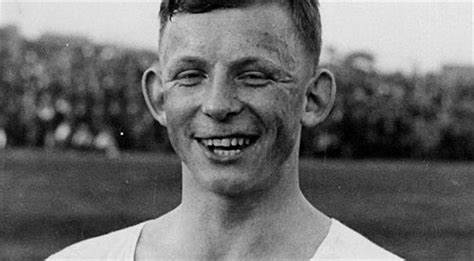
Trophies
Goals
Games
1932/34 FC Katowice (POL) 33 matches, 25 goals
1934/39 Ruch Chorzow (POL) 88 matches, 115 goals
1940/42 Chemnitzer FC (GER) 72 matches, 174 goals
1942/43 TSV Munich 1860 (GER) 11 matches, 25 goals
1944 Karlsruher FV (GER) 10 matches, 23 goals
1946 SC Zwiezel (GER) 4 matches, 4 goals
1947/48 Ascota Chemnitz (GER) 27 matches, 65 goals
1948 BC Augsburg (GER) 6 matches, 3 goals
1949/50 SV Offenburg (GER) 19 matches, 19 goals
1950/51 FC Singen 04 (GER) 30 matches, 16 goals
1951/54 VfR Kaiserslautern (GER) 97 matches, 86 goals
1955/56 FV Kehl (GER) 7 matches, 8 goals
With the National Team :
22 caps, 21 goals
(Friendly matches: 17 caps, 16 goals)
(World Cup qualifier: 4 matches, 1 goal)
(World Cup: 1 match, 4 goals)
1st cap: 21 May 1934 against Denmark (2-4)
Nazi Germany: 8 caps, 13 goals
(Friendly matches: 8 caps, 13 goals)
Last cap: 22 November 1942 against Slovakia (5-2)
Silesia: 6 caps, 7 goals
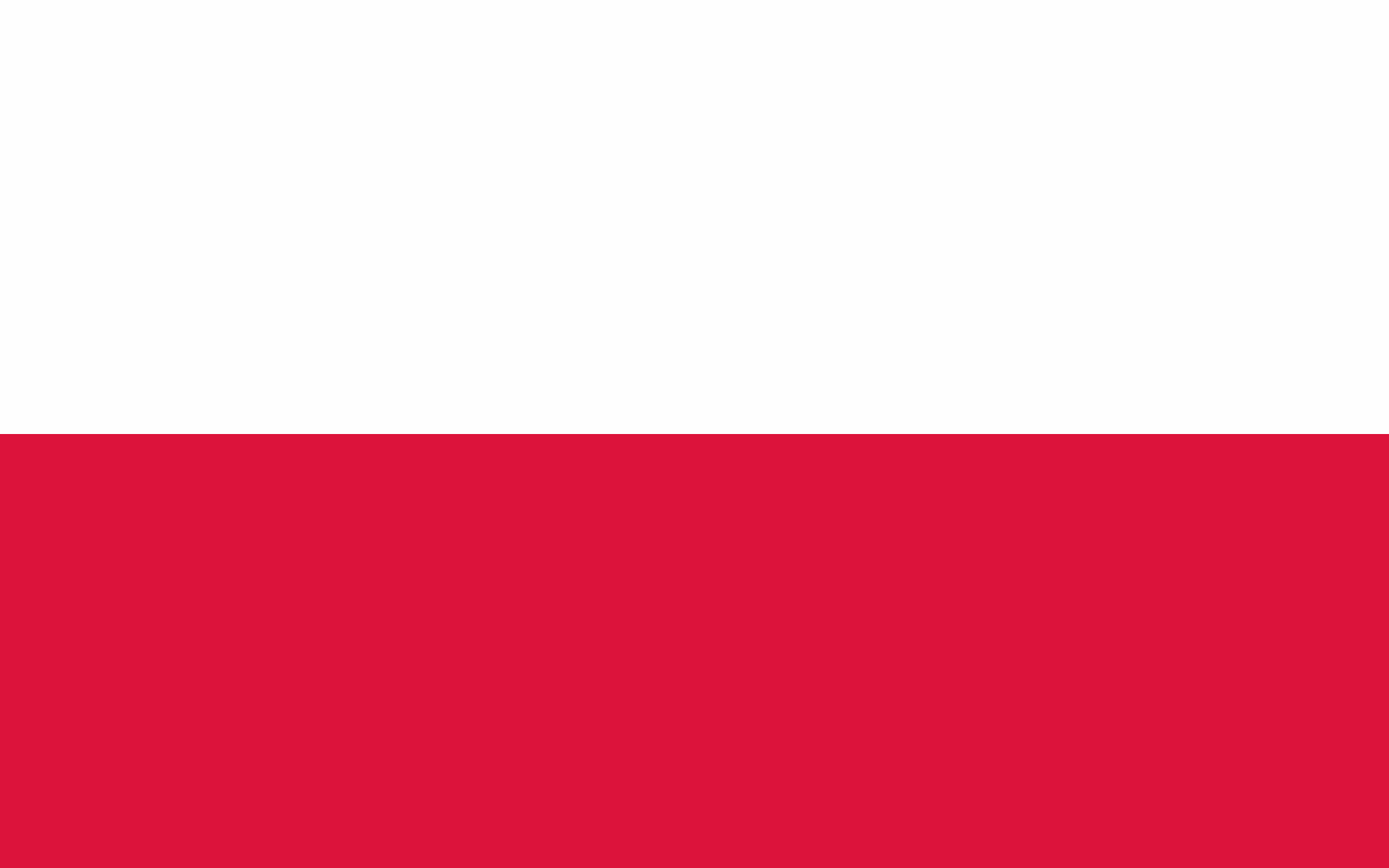
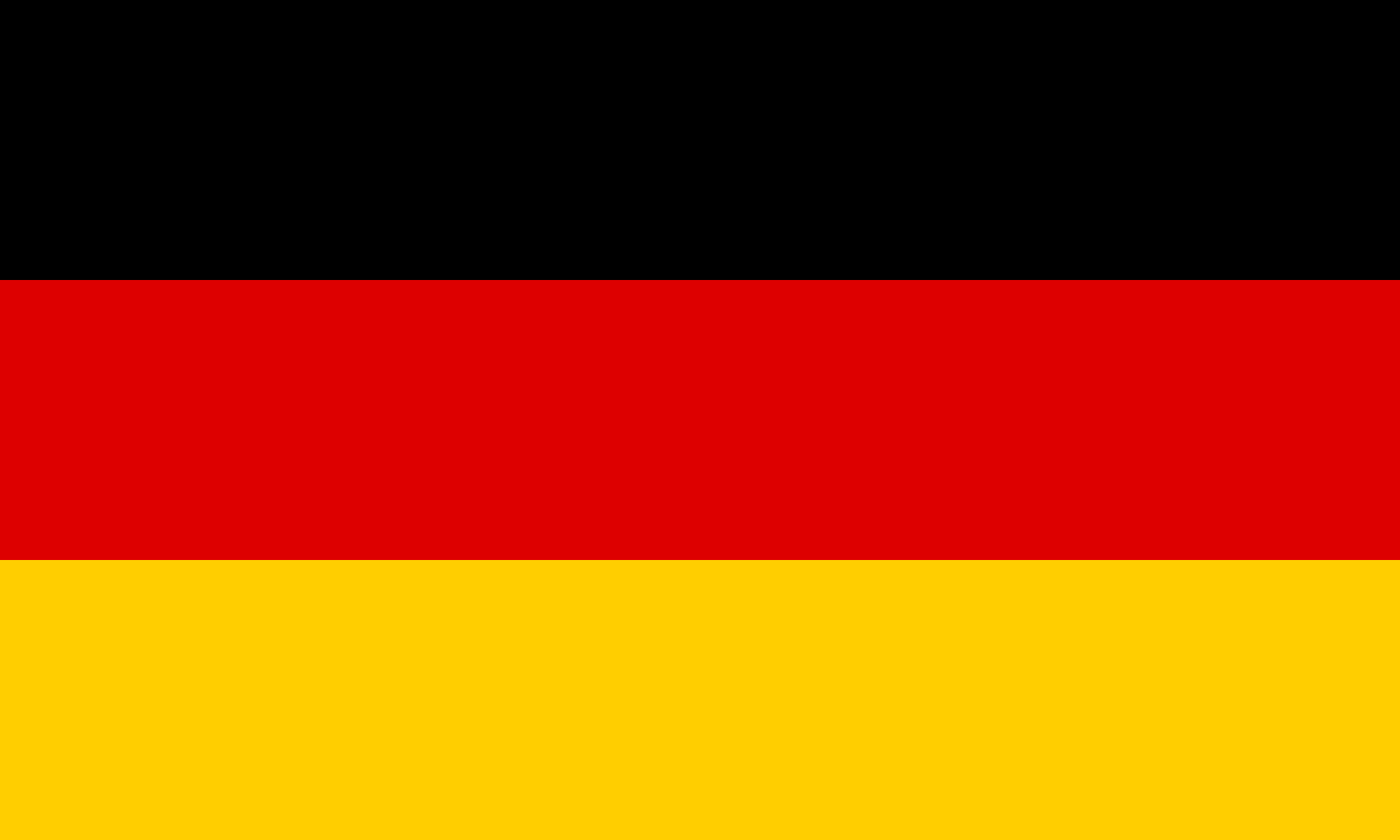
Ernst Otto Pradella Wilimowski
Born June 23, 1916 in Katowice (POL)
Died August 30, 1997 in Karlsruhe (ALL)
Polish, German, Striker, 1m72
Nickname: "Ezi"
A little boy passionate about football
Ernest Wilimowski, whose real name is Ernst Otto Pradella, was born on June 23, 1916 in Katowice, Poland, at a time when Poland was within the German Empire. During the First World War, he lost his father who was killed on the Russian front during the conflict. When he was only 13, his mother remarried an officer named Roman Wilimowski. Ernst Otto Pradella then took the name Ernest Wilimowski.
During his adolescence, the young boy spent most of his time playing football and skipped some classes, preferring to play than to go to study. And it was on the advice of one of his teachers that he signed up for the best club of the German minority in Poland, FC Katowice.
One of the best players of his era
His qualities were quickly spotted and in 1934, he joined the rival club which was the reigning champion, Ruch Chorzów. There, when he was only 18 years old, he was by far the best player in the team. And in 5 years at his new club, he scored 115 goals in 88 games and established himself as one of the most promising players in Europe.
Wilimowski was the perfect striker, ambidextrous, he had ease with both feet. Gifted with incredible speed, he had the ability to take any opposing defender by surprise. And it is said that most of his goals followed the following pattern: receive the ball, fix the first defender, pass him, fix the second, humiliate him, then crucify the goalkeeper at the first or second post with his right or left foot.
Alongside Teodor Peterek and Gerard Wodarz, he formed the most effective attacking line in the history of Polish football, to this day, no one has matched them statistically. He won 4 Polish championship titles, in 1934, 1935, 1936 and 1938. He finished as the top scorer in Poland 3 times in 1934 (33 goals), 1936 (18 goals) and 1939 (12 goals). He also holds the record for most goals scored in a single Polish league match: 10 goals in a 12–1 win over Union Touring Lodz on 21 May 1939.
Willimowski was logically called to play with the Polish national team from 1934 until 1939. During this period he played 22 matches and scored 21 goals in a rather weak team. He participated in the 1938 World Cup with Poland and set a new record, he was in fact the first player in history to score four goals in a World Cup, during a crazy match lost 6-5 against Brazil.
The one who took German nationality
With the annexation of Poland by Germany, he directly became a German citizen and continued to play football despite the ban on playing football for players of Polish origin. He then returned to his original club at 1.FC Kattowitz before joining the Polizei-Sportverein Chemnitz 5 months later.
Refusing to serve in the Wehrmacht, he became a policeman like the many players in his team and took advantage of his Silesian origins to sign the "Volkliste" recognizing his German nationality. He also changed his first name, becoming Ernst and no longer Ernest, to limit the Polish connotation.
This name change would save him from deportation and would also save the fate of his mother who had been taken prisoner at Auschwitz. But for the Poles, the player who was considered by many to be the best player in the world was now a traitor to the Polish nation. And things would not improve when he joined the German team of the Third Reich with the black eagle and the swastika.
The coach at the time, Sepp Herberger, called him up 8 times between 1941 and 1942, the player's performance was extraordinary, 13 goals scored during this period for the team. He notably scored a quadruple against Switzerland on October 13, 1942. At 26, the player who was now German ended his international career (Germany no longer played international matches for some time after the Second World War).
Football legend censored then rehabilitated
The player remained in Germany, playing for many clubs until 1956, when he was 40 years old. His story was overshadowed by football history and he is now a football legend in total anonymity. This fact comes from one thing, the propaganda put in place by the People's Republic of Poland following the Second World War which catalogued the player as a collaborator of the Nazi regime.
When the communist regime fell in 1989, he was gradually rehabilitated by numerous articles and research. However, his story is marked by a lack of information following the censorship against him which lasted almost 40 years. The player will retain many regrets about his life choices and a few months before his death he said: "If the war had not taken place, I would have stayed in Silesia."
What is certain about Ernest Wilimowski, however, is his incredible talent, being considered among the best players in the history of his country and among the best of his generation, and even according to many people of the time as the best player in history before the 1950s.
Trophies :
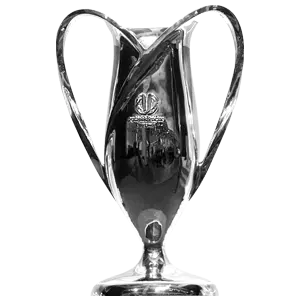
Polish League x4
- 1934 (Ruch Chorzów)
- 1935 (Ruch Chorzów)
- 1936 (Ruch Chorzów)
- 1938 (Ruch Chorzów)
Silesian League x1
- 1932 (Katowice FC)
South Baden Cup x1
- 1957 (Kehler FV)
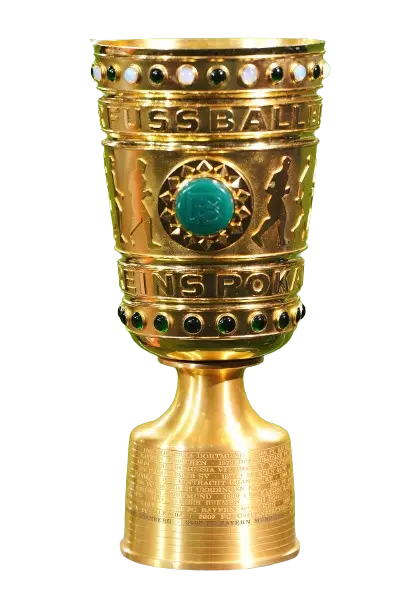
German Cup x1
- 1942 (TSV Munich 1860)
Individual Trophies :
- Top scorer of the Polish championship in 1934 (33 goals), 1936 (18 goals) and 1939 (12 goals) (Ruch Chorzow)
- Top scorer of the German Cup in 1942 (14 goals) (TSV Munich 1860)
- Received the Medal of Merit of the Polish Football Association